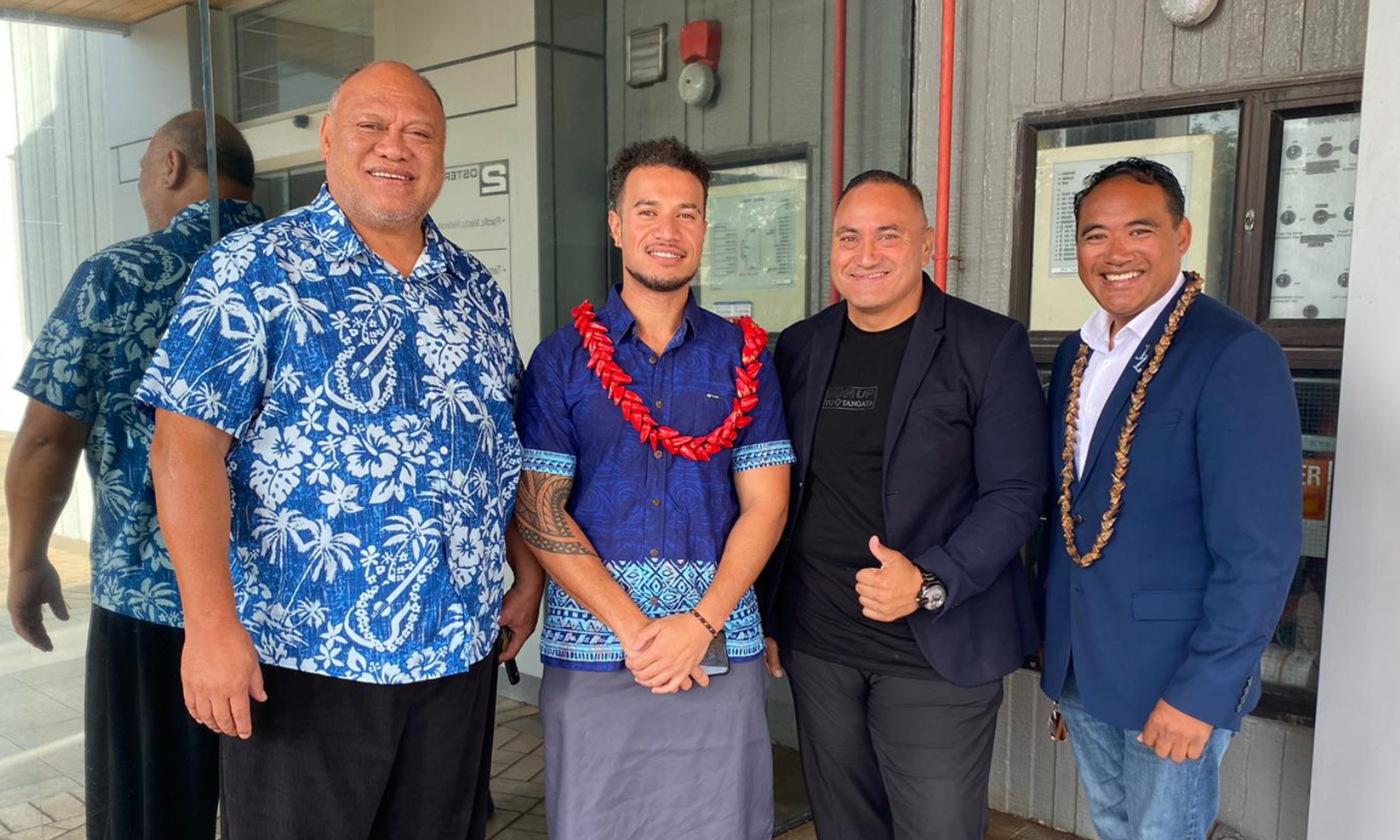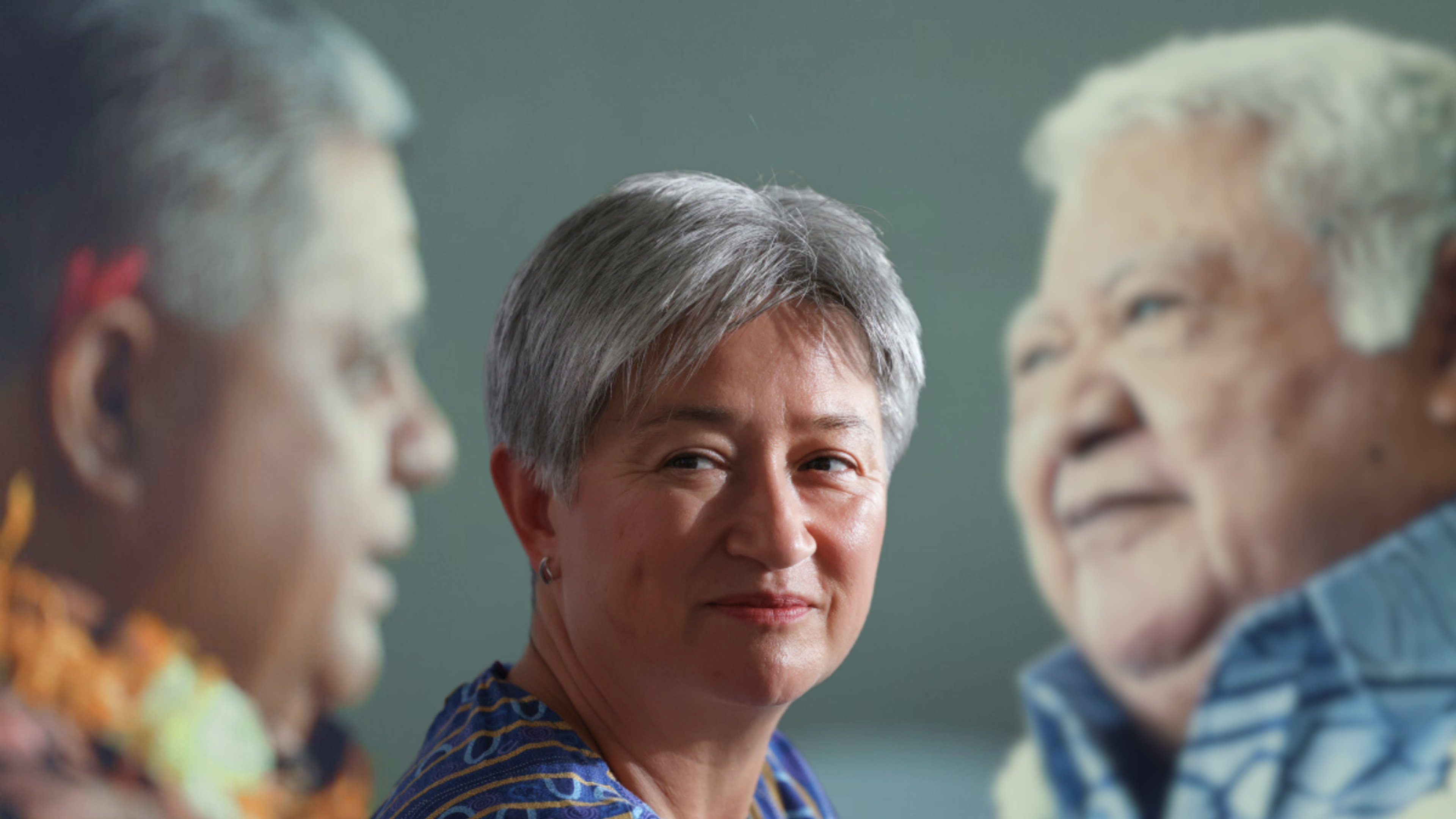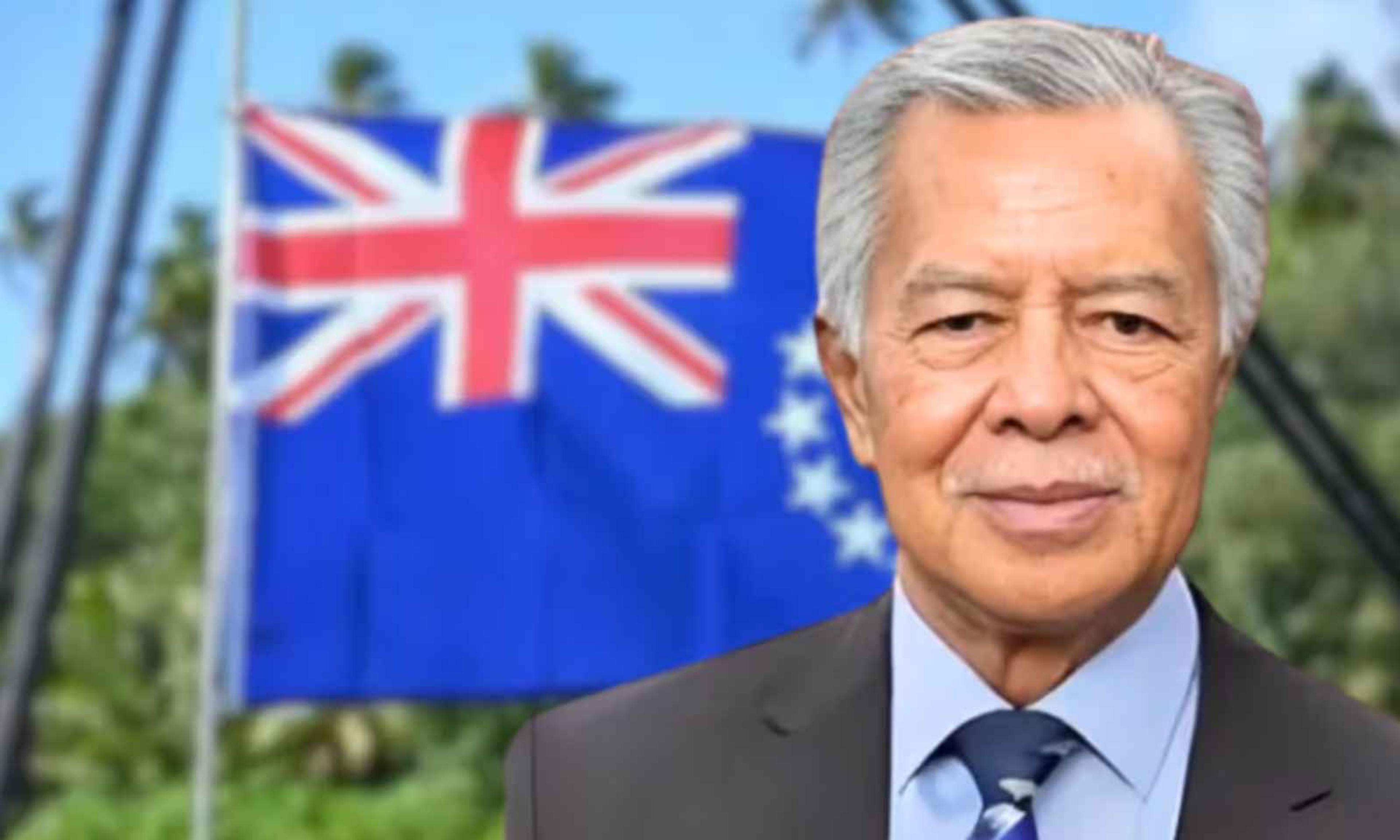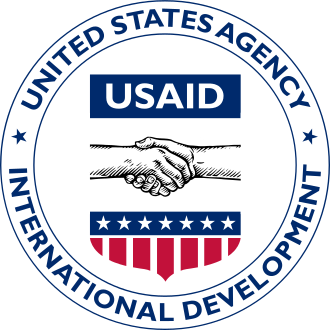

Protesters in Washington have rallied against President Trump's US aid freeze.
Photo/The White House
US judge orders Trump to allow foreign aid funding
President Donald Trump’s pause on American foreign aid has sent shockwaves through the global development community.


Australia rugby funding for Sāmoa on hold amid governance dispute

Off-leash dogs cause safety concerns on Auckland shared path

Former Cook Islands PM urges continued Cook Islands–New Zealand partnership

Papatoetoe election rerun highlights low voter turnout

Australia rugby funding for Sāmoa on hold amid governance dispute

Off-leash dogs cause safety concerns on Auckland shared path

Former Cook Islands PM urges continued Cook Islands–New Zealand partnership
A federal judge in the United States has ordered President Donald Trump to temporarily lift the freeze on USAID (the United States Agency for International Development) and allow foreign aid funding to resume.
Friday's ruling comes as court challenges mount against the Trump administration's dismantling US foreign assistance. He has been given a five-day deadline to demonstrate that the government is complying.
On 7 February, the US President announced a cut to America's humanitarian aid and development work worldwide, particularly impacting the Pacific region. Trump described USAID as “run by a bunch of radical lunatics.”
The Lowy Institute has stated that while the aid freeze will not destabilise the Pacific, it will create unnecessary disruptions. Recent data from the institute's Pacific and Southeast Asia Aid Maps illustrate the likely consequences of Trump's actions, leading to a "less than reassuring" outlook.
The United States is the fifth-largest bilateral donor to the Pacific region, following Australia, China, Japan, and New Zealand, contributing over A$2 billion (NZ$2.22 billion). A significant portion of this aid - 83 per cent - is allocated to the North Pacific (the Marshall Islands, Micronesia, and Palau) under the legally mandated Compact of Free Association (COFA).
Trump's executive order will not affect these commitments, as funding through the COFA was approved by the previous Congress and signed into law by President Joe Biden in March 2024.
However, early evidence suggests some aid programmes in COFA states have been paused, including initiatives aimed at clearing unexploded ordnance dating back to World War II.
Excluding COFA, the US is the 11th-largest bilateral donor to the Pacific, contributing just 0.8 per cent of the total aid or $37 million annually, with more than half of this managed by USAID.
Non-governmental organisations (NGOs) have warned that the health sector is most at risk due to cuts in US assistance. This assistance is about A$8m (NZ$8.9m) annually and primarily funds HIV/AIDS programmes and basic health services in Papua New Guinea and other Melanesian countries.

Photo/US Government
Outside of the Compact states, the Pacific's reliance on US aid is minimal. The US is the ninth-largest donor, providing 1.8 per cent of total health aid.
The federal ruling highlighted the financial devastation that Trump's executive orders inflicted on suppliers and non-profit organisations facilitating US aid overseas.
Friday's ruling marks the first successful challenge to the Republican president's funding freeze. It comes amid numerous lawsuits from public service employee groups, aid organisations, and government suppliers, all trying to stop Trump's dismantling of USAID and US foreign assistance.
Last week, Trump threatened to cut aid to Jordan and Egypt unless they agreed to accept Gazans. He pressured the Middle Eastern countries to house the Palestinian population, claiming that the Palestinians would not have the right to return to their original territories.
Press freedom groups have warned that Trump's aid cuts will lead to a rise in propaganda and misinformation, as independent media organisations worldwide are being forced to lay off staff or shut down due to the loss of USAID funding.
News organisations fear that the decline of independent media will contribute to a rise in misinformation, benefiting state propaganda efforts.
USAID supports projects, including over A$268m (NZ$298m) allocated to promote independent media and the free flow of information.

Photo/US Govt
A USAID factsheet obtained by Reporters Without Borders (RSF) reveals that in 2023, the agency funded training and support for 6200 journalists, assisted 707 non-state news outlets, and backed 279 civil society organisations, strengthening independent media in over 30 countries.
Clayton Weimers, executive director of RSF, stated that Trump’s decision has created “chaos and confusion,” forcing non-profit newsrooms and media organisations to cease operations and lay off staff.
He warns that these organisations could disappear permanently without immediate action after the 90-day freeze.
Trump's aid freeze has also disrupted the US global development network, leading to the closure of refugee camp hospitals. Videos shared by refugees on social media showed patients being carried out on hammocks covered in blankets.
The International Red Cross has reported that it had to shut down outpatient departments and other facilities in the refugee camps following the stop-work order.
While management of medical facilities, equipment, and water systems has been transferred to local authorities and camp commanders, the IRC continues to source medicine and fuel through non-US funds.
Teams of refugee medics, midwives, and nurses are providing essential care.